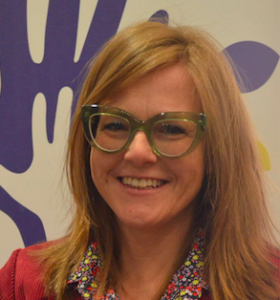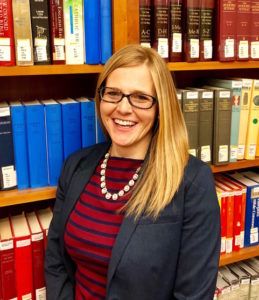Select an item by clicking its checkbox
In striving to craft a trauma-informed pedagogy while teaching about social justice, my reflections have often circled around a central question: When is it appropriate to use tragic and traumatic current events as examples of injustice in the classroom? I’ve been pondering this question for the last few years, ...
For the last few years, in teaching about racial justice, I have consciously decided to incorporate into my syllabi an opportunity for critical reflection based on Stephen Brookfield’s theory of “ideology critique.”[1] In short, Brookfield defines ideology critique as “part learning process, part civic action”; it “focuses on helping ...
Since last fall, the theology department at my institution, St. Ambrose University, has been offering a new course called “Just Theology.” On the first day of class each semester, I like to poll the students to ask them what they think the title “Just Theology” means. Most of the students’ ...
In teaching undergraduates about social justice, I have found that the concept of the common good is both the most foundational and difficult one for students to learn. According to Catholic social teaching, the perspective from which I teach my theology and justice courses, the concept is defined as such: ...
“I’m just so sick of feeling awkward,” I told my spouse the night before the first day of classes this semester. After having taught for eight years in another school across the country, I was about to begin teaching at a new institution. I was bemoaning the fact that ...

